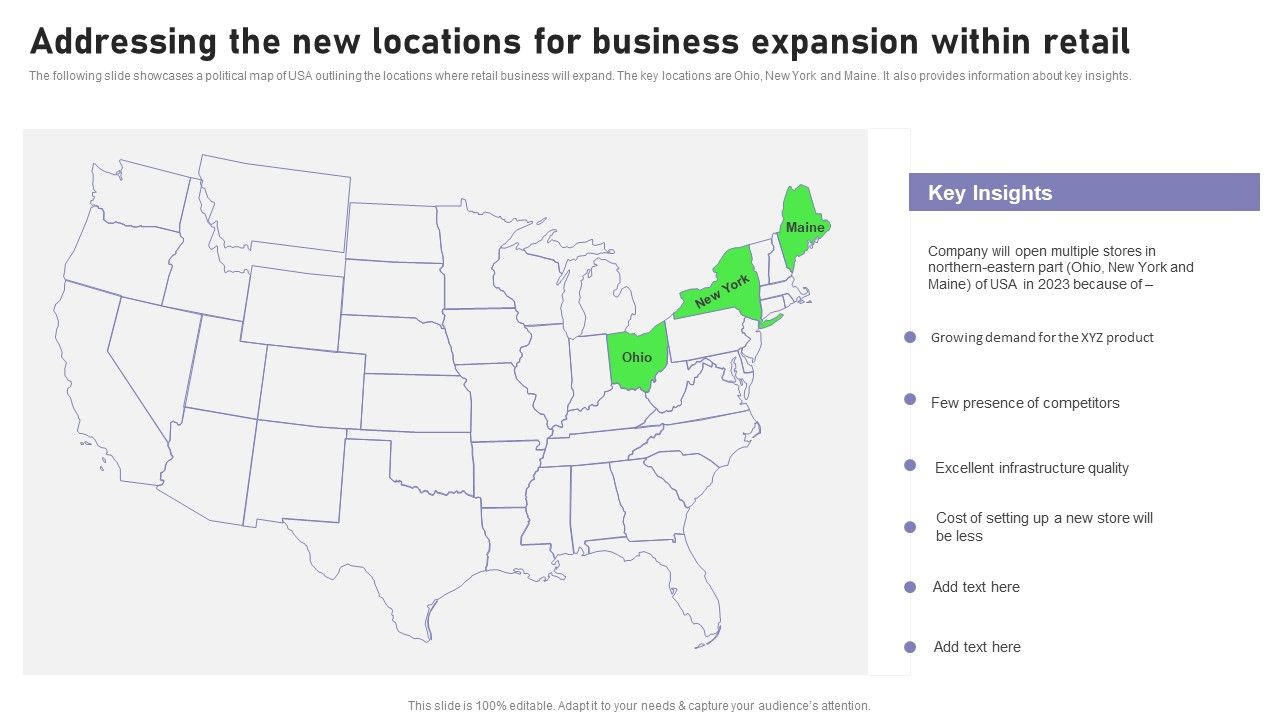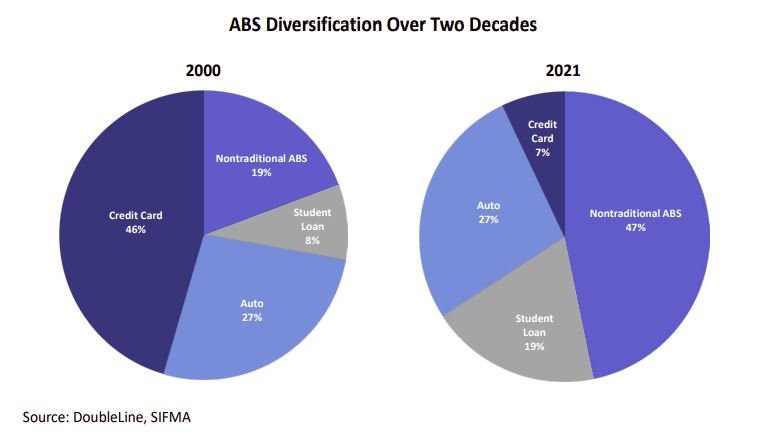Mapping The Rise Of New Business Hubs Across The Nation

Table of Contents
Technological Innovation Fuels the Growth of New Business Hubs
Technology has played a pivotal role in decentralizing business operations, creating opportunities in regions previously underserved by traditional economic models. The digital revolution has enabled businesses to operate remotely, attracting talent and investment to areas far beyond established metropolitan centers.
The Rise of Remote Work and Digital Nomadism
Remote work and the rise of the digital nomad lifestyle are fundamentally reshaping where businesses choose to locate and where individuals choose to live and work. This shift is fueling the growth of New Business Hubs in smaller cities and rural areas, offering a compelling alternative to the high cost of living and intense competition found in major metropolitan areas.
- Examples: Cities like Asheville, North Carolina; Boise, Idaho; and Austin, Texas, are experiencing significant growth due to an influx of remote workers and businesses.
- Advantages: Reduced overhead costs, access to a diverse talent pool, improved work-life balance.
- Challenges: Maintaining team cohesion, ensuring reliable internet connectivity, navigating legal and tax complexities.
The Impact of Tech Startups and Incubators
Tech startups and incubators are no longer solely concentrated in Silicon Valley. Many are establishing themselves in non-traditional locations, attracted by lower operating costs, a less competitive environment, and the opportunity to cultivate unique regional talent pools.
- Examples: The success of tech hubs in cities like Pittsburgh, Pennsylvania; Boulder, Colorado; and Durham, North Carolina, demonstrates the viability of establishing thriving tech ecosystems outside major metropolitan areas.
- Government Incentives and Venture Capital: Government tax incentives and increased venture capital investment in these areas are crucial in supporting and accelerating this growth.
Changing Demographics and Lifestyle Preferences Shape New Business Hubs
Shifting demographics, particularly millennial migration patterns and population growth in specific regions, are significant factors contributing to the creation of New Business Hubs. Individuals are increasingly prioritizing quality of life over solely financial considerations, leading them to seek opportunities in more affordable and less congested areas.
Attracting and Retaining Talent
To attract and retain skilled workers, these New Business Hubs are employing various strategies:
- Quality of Life: Emphasis on outdoor recreation, vibrant arts and culture scenes, and strong community engagement.
- Cost of Living: Lower housing costs and overall expenses compared to major cities.
- Amenities: Investment in improved infrastructure, schools, and healthcare facilities.
- Talent Attraction Programs: Incentives such as relocation assistance, tax breaks, and mentorship programs are proving successful.
The Appeal of Smaller Cities and Rural Areas
Smaller cities and rural areas are proving increasingly attractive to businesses and workers seeking a better work-life balance and a less competitive environment.
- Lower Operating Costs: Reduced rent, lower salaries (in some cases), and other lower operating expenses.
- Less Competition: A less saturated market can offer startups and smaller businesses a greater opportunity for growth.
- Examples: Numerous examples exist of successful businesses thriving in smaller communities, demonstrating the economic potential of these areas.
Government Initiatives and Infrastructure Development Support New Business Hubs
Government policies and infrastructure development play a critical role in fostering the growth of New Business Hubs. Strategic investments in these areas can create a supportive ecosystem that attracts businesses and talent.
Tax Incentives and Economic Development Programs
Various tax incentives and economic development programs are designed to attract businesses to specific regions, offering financial advantages to those willing to relocate or expand into these areas.
Investment in Infrastructure
Adequate infrastructure is crucial for the success of any business hub. Investments in broadband internet access, transportation networks, and other essential services are vital.
- Examples: Successful infrastructure development projects that have facilitated business growth include improved highway systems, expansion of broadband networks, and investment in public transportation.
- Challenges: Securing funding and overcoming regulatory hurdles can be significant challenges, particularly in less developed areas.
Conclusion: Mapping the Future of New Business Hubs
The rise of New Business Hubs across the nation is driven by a confluence of factors: technological innovation enabling remote work, shifting demographic preferences emphasizing quality of life, and strategic government initiatives fostering economic development. These new hubs are not merely regional phenomena; they contribute significantly to the overall economic health of the country by diversifying opportunities and fostering innovation beyond traditional centers. The future of these New Business Hubs is bright, with continued growth potential fueled by ongoing technological advancements and evolving societal priorities.
To learn more about the emergence of New Business Hubs in your region and explore opportunities for growth and investment, visit the Economic Development Administration website: [link to relevant resource]. Let's work together to support the development of these dynamic economic centers and build a more prosperous future for all Americans.

Featured Posts
-
 Next Holyrood Election Unexpected Support For Snp From Reform Uks Farage
May 03, 2025
Next Holyrood Election Unexpected Support For Snp From Reform Uks Farage
May 03, 2025 -
 Gaza Freedom Flotilla Sos Drone Attack Allegations Off Malta Coast
May 03, 2025
Gaza Freedom Flotilla Sos Drone Attack Allegations Off Malta Coast
May 03, 2025 -
 Sony Play Station Beta Program What We Know So Far
May 03, 2025
Sony Play Station Beta Program What We Know So Far
May 03, 2025 -
 Prepare For The Cold Four Inches Of Snow And Bitter Temperatures Tuesday
May 03, 2025
Prepare For The Cold Four Inches Of Snow And Bitter Temperatures Tuesday
May 03, 2025 -
 Analysis Saudi Arabias New Rule Change And Its Effect On The Abs Market
May 03, 2025
Analysis Saudi Arabias New Rule Change And Its Effect On The Abs Market
May 03, 2025
